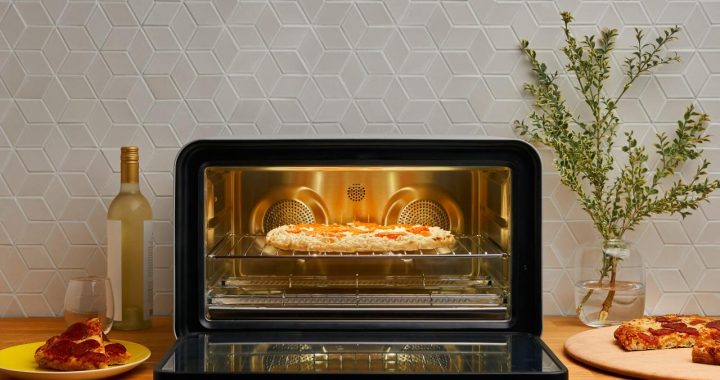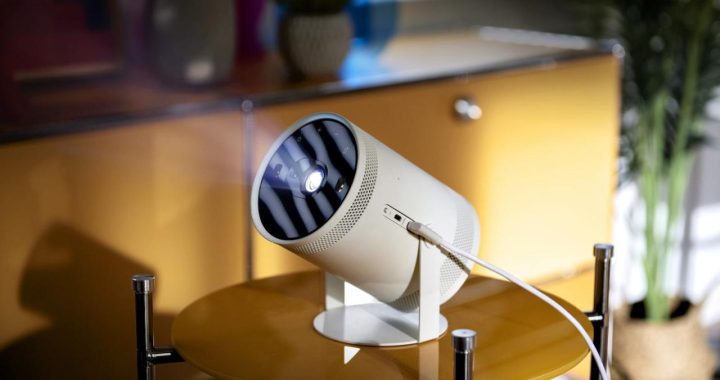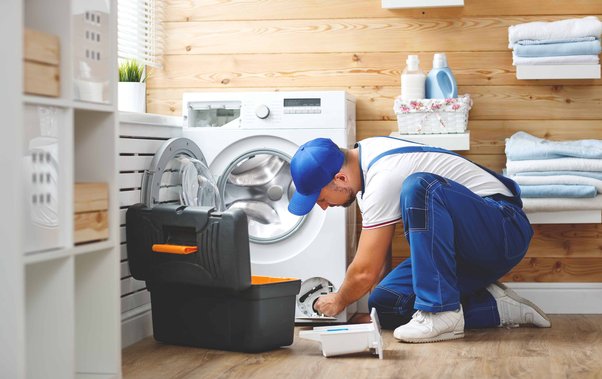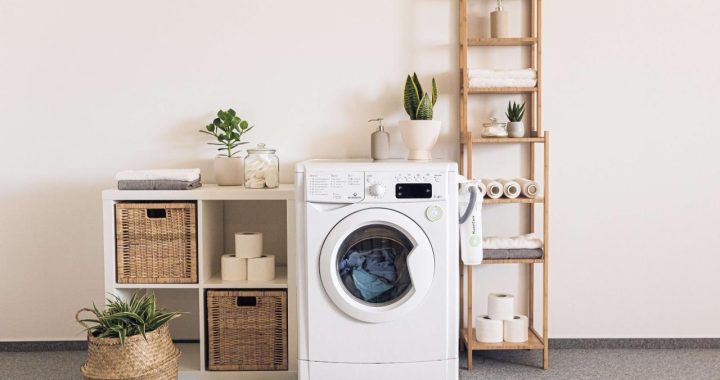Contributing to a Greener World: The Role of Renewable Energy in Home Appliances

As the world grapples with the challenges of climate change and environmental degradation, the transition to renewable energy sources has become an urgent priority. In the pursuit of a greener and more sustainable future, renewable energy is taking center stage, even in the realm of home appliances. This article explores the critical role that renewable energy plays in powering home appliances, its benefits, and how it contributes to building a more eco-friendly world.
Harnessing Renewable Energy for Home Appliances:
Traditional home appliances rely heavily on fossil fuels, such as coal and natural gas, which contribute significantly to greenhouse gas emissions and air pollution. Renewable energy sources, on the other hand, offer a cleaner alternative. Solar power, wind energy, hydropower, and geothermal energy are all sustainable options that can be harnessed to power home appliances.
Solar-Powered Appliances:
Solar energy is one of the most accessible and widely used renewable energy sources for powering home appliances. Solar panels installed on rooftops or in the vicinity of homes capture sunlight and convert it into electricity. This clean energy can then power various appliances, such as water heaters, air conditioners, and lighting systems.
Wind Energy-Powered Appliances:
Wind turbines generate electricity from the kinetic energy of the wind. Although wind energy is commonly used for large-scale power generation, advancements in small-scale wind turbines make it possible to harness wind energy for individual homes. Wind-powered appliances can contribute to reducing reliance on fossil fuels and decreasing carbon emissions.
Hydropower-Powered Appliances:
Hydropower harnesses the energy of flowing water to generate electricity. Micro-hydropower systems can be integrated into homes with access to running water, enabling the generation of clean energy to power appliances, lighting, and other electrical devices.
Geothermal Energy-Powered Appliances:
Geothermal energy utilizes the natural heat from the Earth’s core to produce electricity and provide heating and cooling. Geothermal heat pumps, for instance, can efficiently regulate indoor temperatures, reducing the energy consumption of heating and cooling appliances.
The Environmental Benefits:
The adoption of renewable energy in home appliances offers numerous environmental benefits. By reducing reliance on fossil fuels, the generation of electricity becomes cleaner and emits fewer greenhouse gases, thereby mitigating the impact of climate change. Additionally, it helps reduce air pollution, water pollution, and the ecological footprint of households.
Cost Savings and Energy Efficiency:
Renewable energy-powered home appliances not only benefit the environment but also lead to cost savings for homeowners. While the initial investment in renewable energy systems may require some capital, the long-term savings on energy bills can be substantial. Moreover, renewable energy-powered appliances tend to be more energy-efficient, optimizing resource usage and further lowering operating costs.
Promoting Sustainability and Encouraging Innovation:
Embracing renewable energy in home appliances fosters a culture of sustainability and encourages manufacturers to develop innovative, energy-efficient appliances. This, in turn, stimulates research and development in renewable energy technologies and creates a positive cycle of progress towards a greener future.
Conclusion:
The integration of renewable energy sources in home appliances is a critical step towards creating a greener and more sustainable world. By harnessing the power of the sun, wind, water, and Earth’s heat, we can significantly reduce our carbon footprint, conserve natural resources, and combat climate change. As consumers and manufacturers alike embrace renewable energy technologies, the dream of a cleaner, more eco-friendly world becomes increasingly achievable. Investing in renewable energy-powered home appliances is not only a step towards personal cost savings but also a collective commitment to preserving our planet for future generations. Let us embrace renewable energy and contribute to a greener, more sustainable world in which we can all thrive.
 Exploring Uncharted Territories: Innovations in the Home Appliance Industry
Exploring Uncharted Territories: Innovations in the Home Appliance Industry  Safety Challenges and Solutions for Smart Home Appliances
Safety Challenges and Solutions for Smart Home Appliances  Unveiling the Latest Tech: Exploring Futuristic Home Appliances
Unveiling the Latest Tech: Exploring Futuristic Home Appliances  Kitchen Helpers: Must-Have Appliances for Enhancing Culinary Experience
Kitchen Helpers: Must-Have Appliances for Enhancing Culinary Experience  Home Appliance Maintenance 101: Tips to Extend the Lifespan
Home Appliance Maintenance 101: Tips to Extend the Lifespan  Eco-Friendly Choices: Energy-Efficient Home Appliances for a Sustainable Home
Eco-Friendly Choices: Energy-Efficient Home Appliances for a Sustainable Home  The Harmonious Home: Balancing Aesthetics and Functionality in Decor
The Harmonious Home: Balancing Aesthetics and Functionality in Decor  10 Exciting DIY Home Projects to Transform Your Living Space
10 Exciting DIY Home Projects to Transform Your Living Space  Beyond Four Walls: Embracing Nature for Home Inspiration
Beyond Four Walls: Embracing Nature for Home Inspiration  Remodeling Rhythms: Crafting Harmonious Living Environments
Remodeling Rhythms: Crafting Harmonious Living Environments